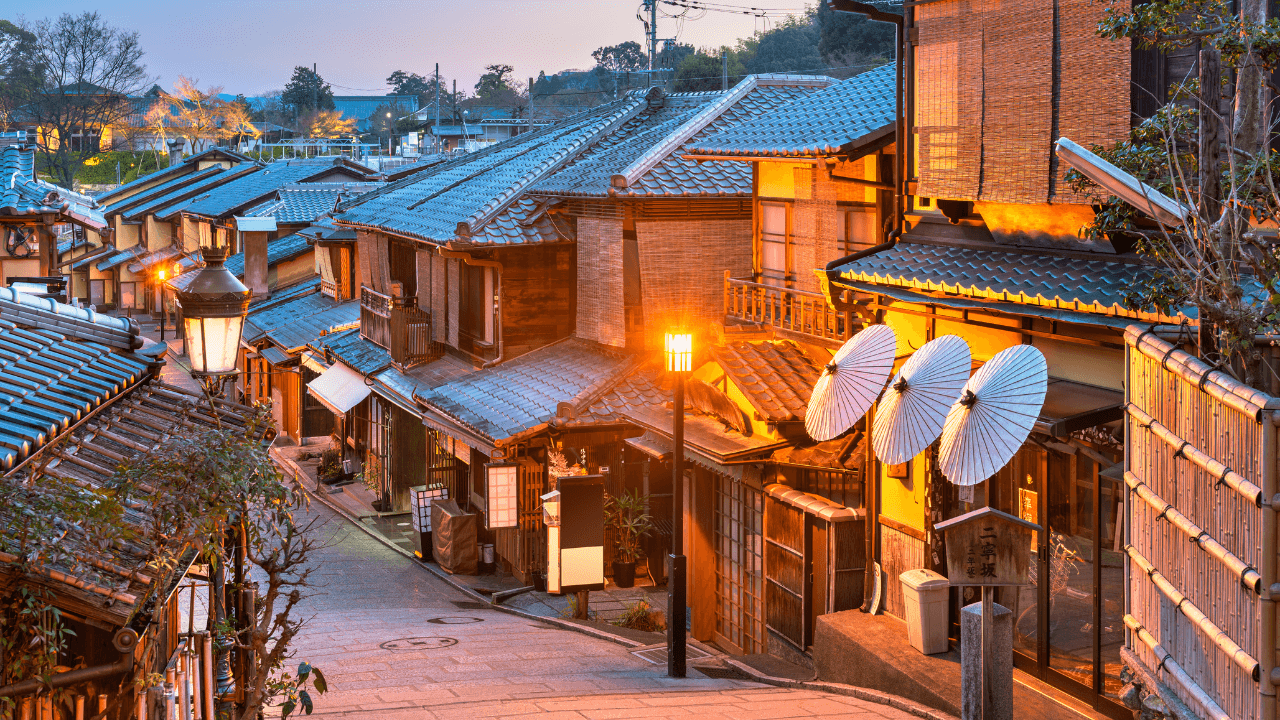Kyoto is one of Japan’s most iconic travel destinations—a city where tradition and nature blend seamlessly with modern life. With over a thousand years of history, Kyoto offers visitors the chance to experience the beauty of Japan through its temples, shrines, gardens, cuisine, and festivals. In this article, we’ll guide you through the best things to see, do, and experience in Kyoto.
Why Visit Kyoto?
A Living Museum of Japanese History and Culture
Kyoto, once the capital of Japan, has preserved its historical charm for over a millennium. Walking through its streets is like stepping into the past—where wooden townhouses, cobblestone alleys, and ancient temples offer a glimpse into traditional Japan.
Surrounded by Natural Beauty
Encircled by mountains and rivers, Kyoto’s natural surroundings are breathtaking in every season. From cherry blossoms in spring to fiery red maple leaves in autumn, the city offers unforgettable scenery all year round.
A Taste of Tradition
Kyoto is a haven for food lovers, especially those wanting to experience traditional Japanese cuisine. From elegant kaiseki meals and Buddhist vegetarian fare to matcha desserts and wagashi (traditional sweets), every bite is a cultural experience.
Cultural Events Throughout the Year
In Kyoto, ancient traditions are not just preserved—they are celebrated. The city hosts numerous traditional festivals and events that bring its history to life in vibrant, unforgettable ways.
Top Attractions in Kyoto
Discover Kyoto’s Most Famous Landmarks
Fushimi Inari Taisha
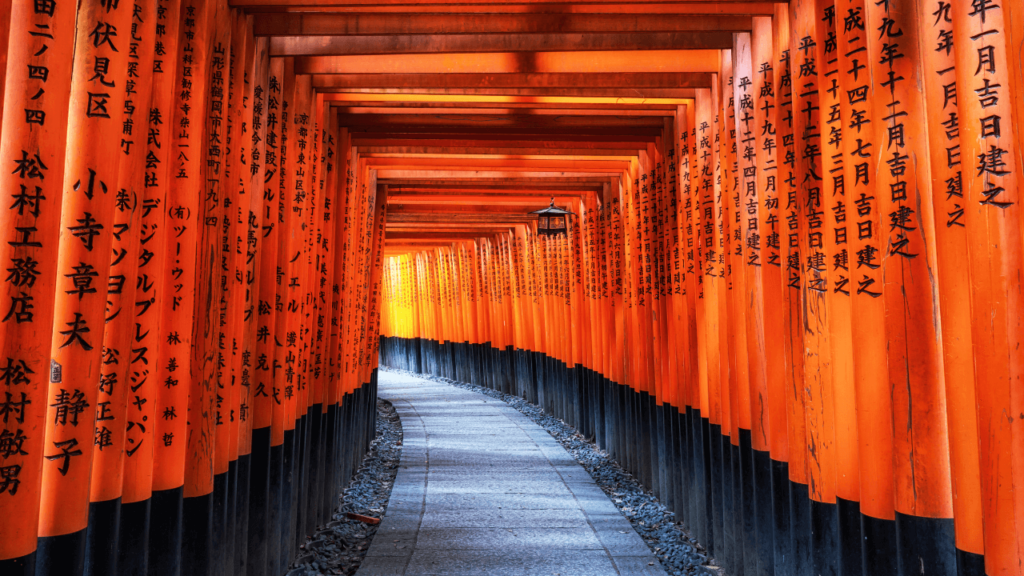
This is the head shrine of all Inari shrines in Japan—over 30,000 in total. The famous path of thousands of vermilion torii gates winding through the forested hillside is one of the most iconic sights in Kyoto. Don’t miss the majestic entrance gate and the vast sacred grounds of Mount Inari.
Kiyomizu-dera Temple
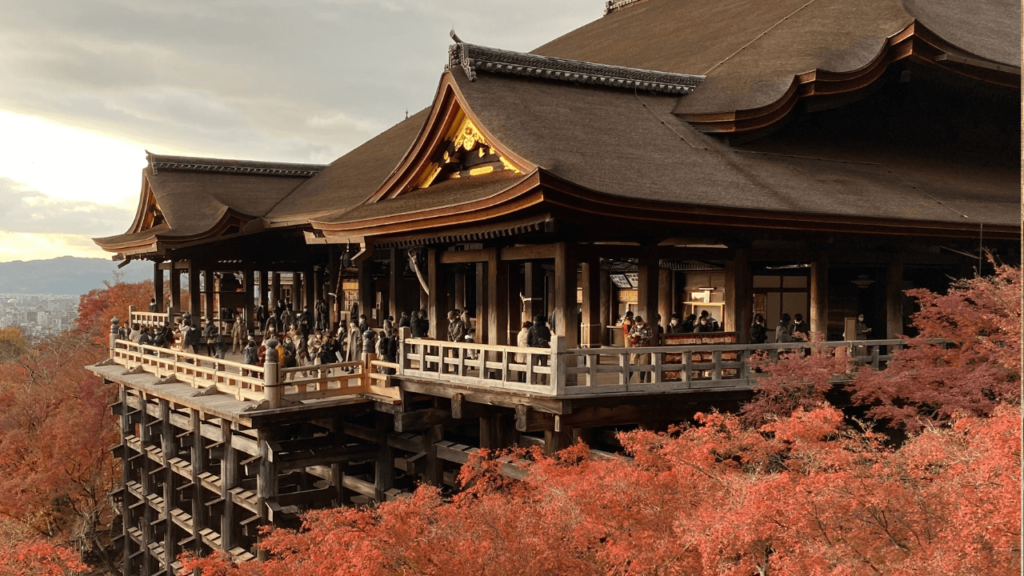
A UNESCO World Heritage Site founded in 778, Kiyomizu-dera is known for its dramatic wooden stage that juts out over a hillside, offering sweeping views of Kyoto. The temple complex also features pagodas and historical halls surrounded by lush nature, especially stunning during cherry blossom and autumn foliage seasons.
Nijo Castle
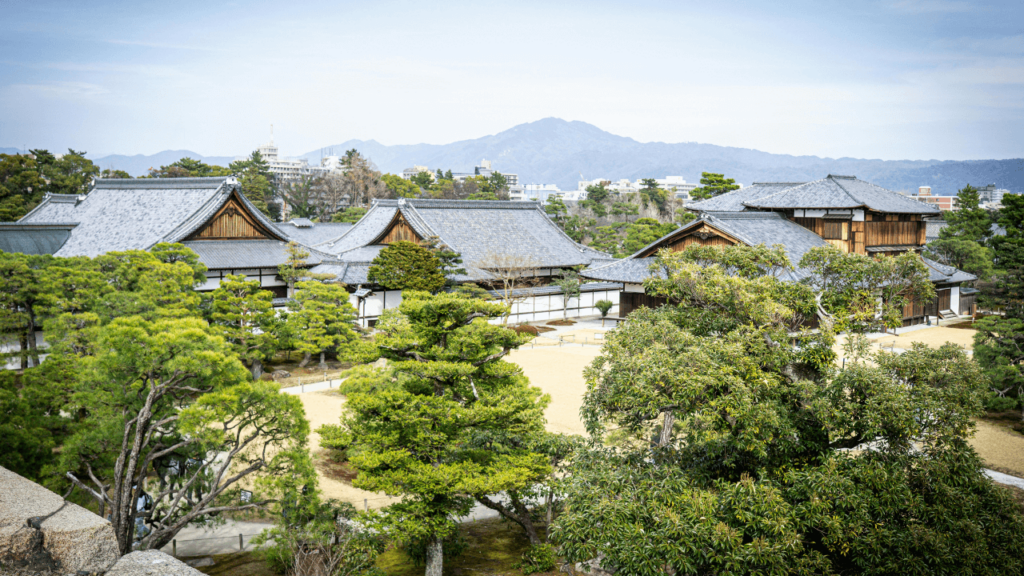
Built in 1603 by Tokugawa Ieyasu, this World Heritage Site is a masterpiece of samurai architecture. Highlights include the lavishly decorated Ninomaru Palace, with its sliding screen paintings by the Kano school, and the traditional Japanese garden designed for strolling around a central pond.
Kinkaku-ji (The Golden Pavilion)
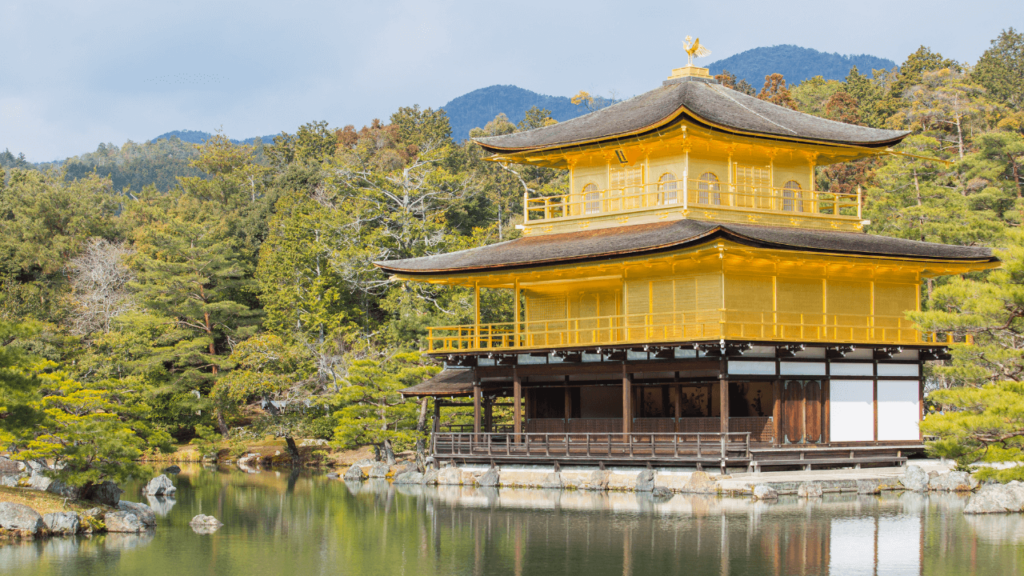
Officially called Rokuon-ji, this Zen Buddhist temple is famed for its gold-covered main hall that reflects beautifully in the surrounding pond, known as the Mirror Pond. Designed to represent paradise on Earth, this stunning sight is one of Kyoto’s most photographed.
Arashiyama
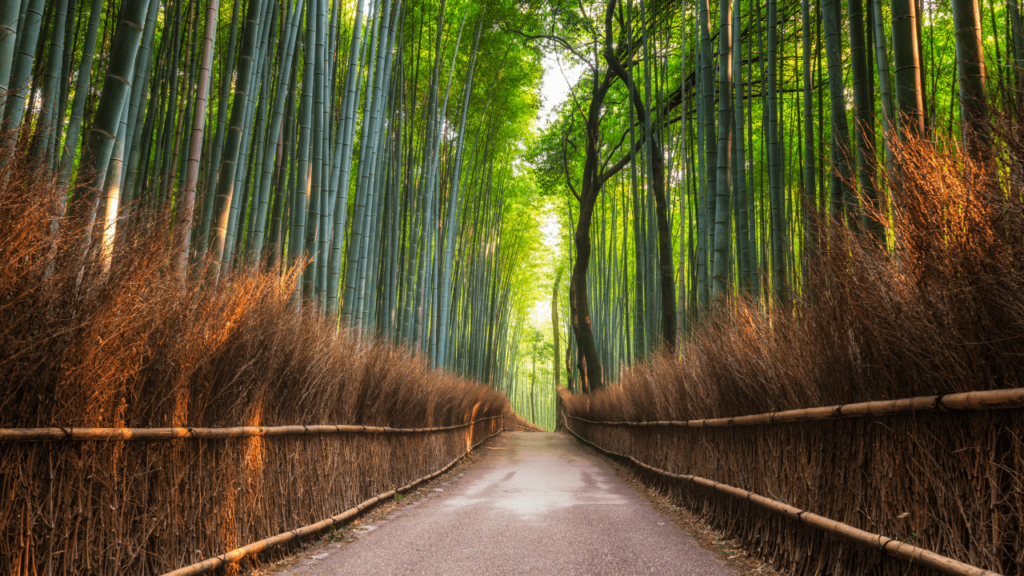
Located in western Kyoto, Arashiyama is beloved for its natural beauty and historical landmarks. The Bamboo Grove offers a magical atmosphere with towering bamboo stretching into the sky. Other must-sees include the iconic Togetsukyo Bridge and Tenryu-ji Temple with its picturesque Sogenchi Garden.
Gion District
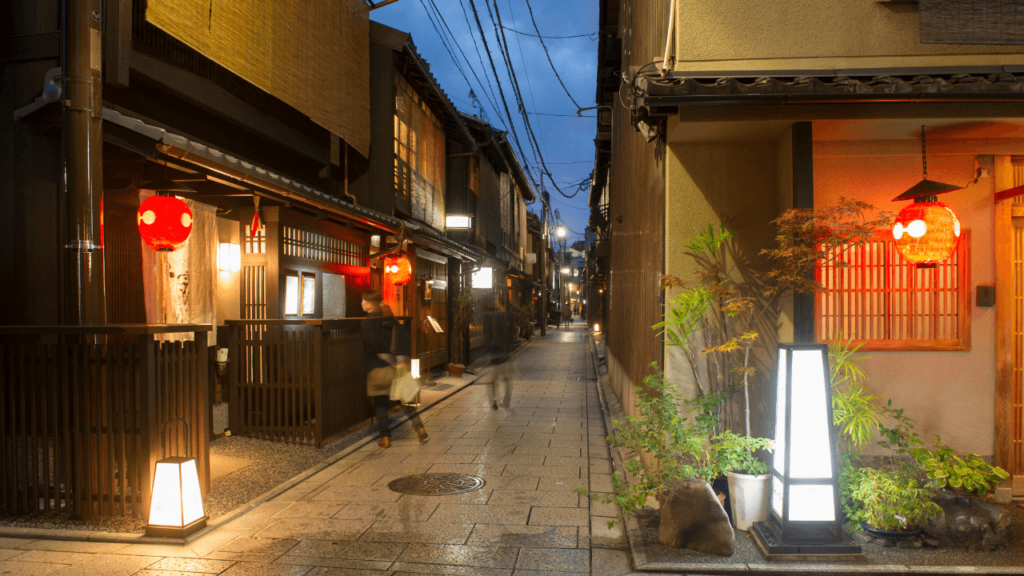
Step into Kyoto’s geisha culture in Gion, where traditional tea houses, lantern-lit streets, and wooden buildings create an enchanting setting. You may even catch a glimpse of a real maiko (apprentice geisha) walking the streets. Please be respectful—do not photograph or touch geisha or maiko without permission.
Samurai & Ninja Museum Kyoto
A fun and educational experience for international visitors! This museum displays samurai armor, swords, and ninja tools. You can also dress up in traditional costumes and learn sword techniques, poses, and ninja skills in hands-on workshops.
Unique Cultural Experiences in Kyoto
Don’t Just See Japan—Live It
Zen Meditation (Zazen)
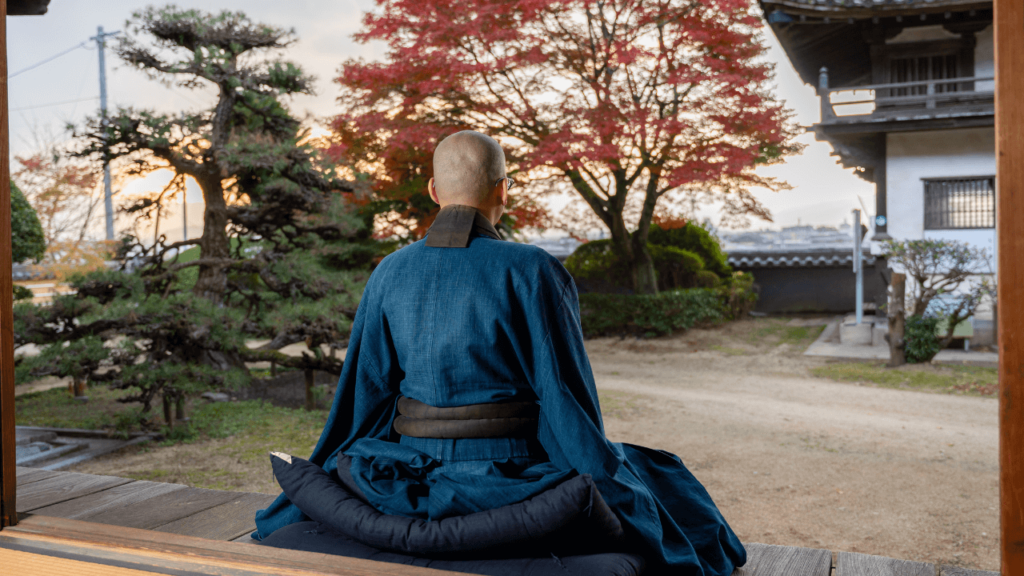
Temples like Ginkaku-ji and Ryosokuin (a sub-temple of Kennin-ji) offer tranquil settings for trying zazen meditation. Some sessions include tea ceremonies as part of the experience. While instructions are mostly in Japanese, the calming atmosphere and mindful practice speak for themselves.
Sake Brewery Tours & Tasting
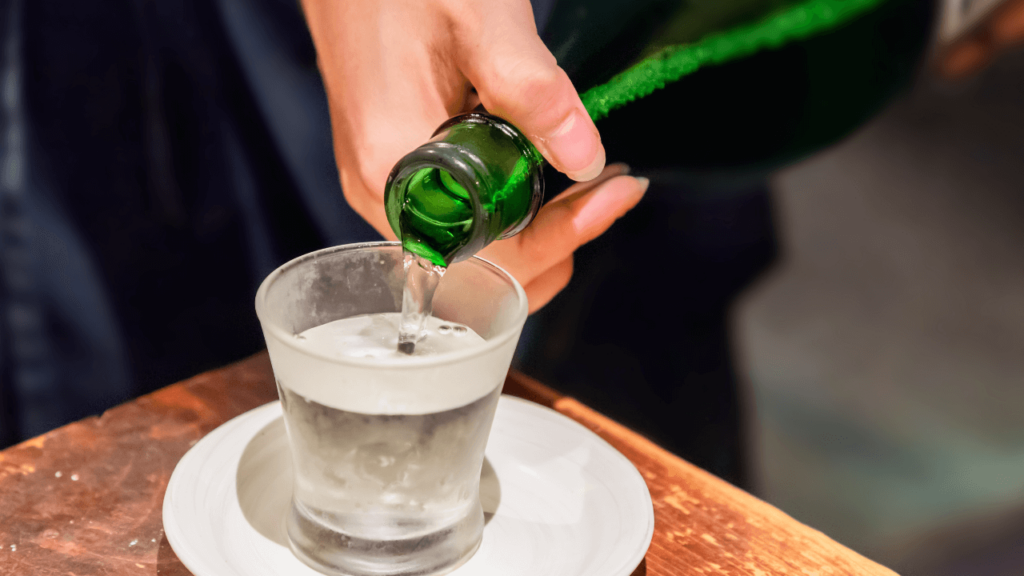
Kyoto’s Fushimi district is one of Japan’s top sake-producing areas. Visit Gekkeikan Okura Sake Museum to learn about sake brewing history and enjoy tastings. Kizakura Fushimigura offers both sake and craft beer tours with tastings available on-site.
Wagashi (Japanese Sweets) Making
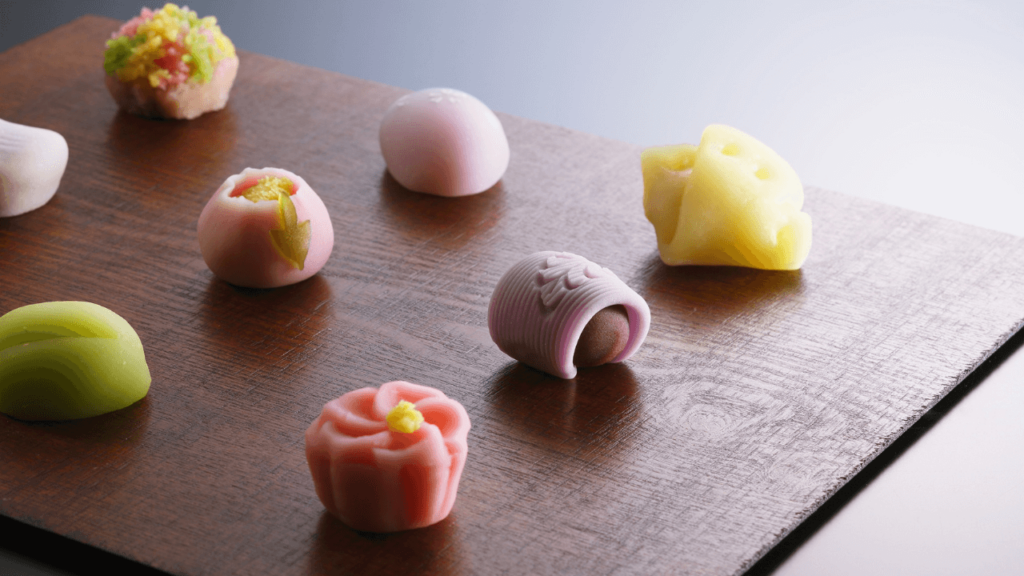
Try your hand at crafting Kyoto’s seasonal sweets at Kanshundo in Saga-Arashiyama. Under the guidance of skilled artisans, you can create your own edible artwork and enjoy it with a cup of matcha.
Tea Ceremony at Fukujuen
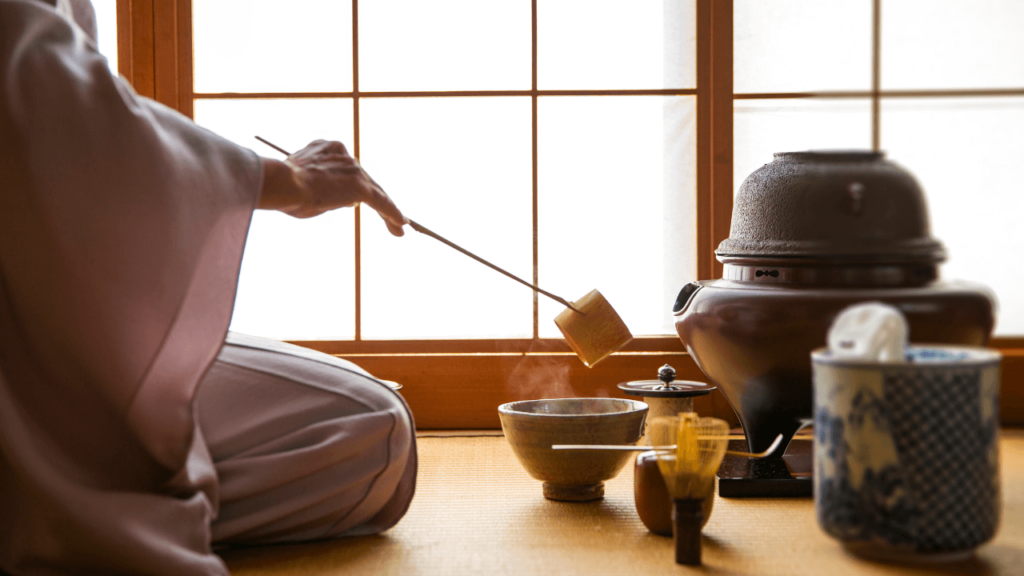
Enjoy a traditional tea ceremony with high-quality Uji matcha in a serene tea room. Learn the etiquette and appreciate the art of serving and receiving tea—a perfect way to slow down and connect with Japanese hospitality.
Kyoto’s Traditional Festivals
Celebrate the Seasons with Kyoto’s Most Famous Events
Gion Matsuri (July)
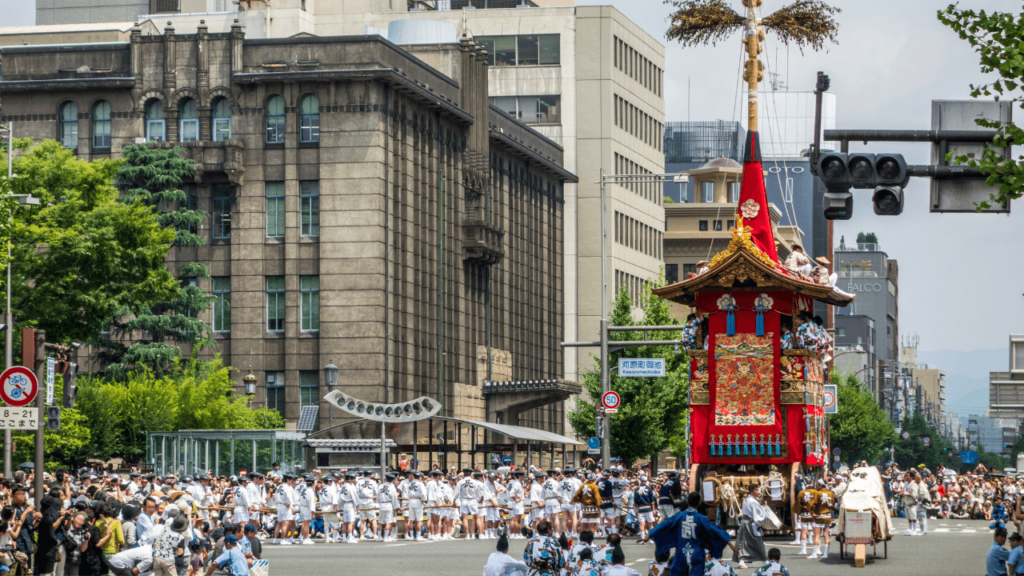
One of Japan’s largest and oldest festivals, held throughout July. The highlight is the grand parade of beautifully decorated floats called yamaboko, showcasing centuries of craftsmanship and tradition.
Aoi Matsuri (May)
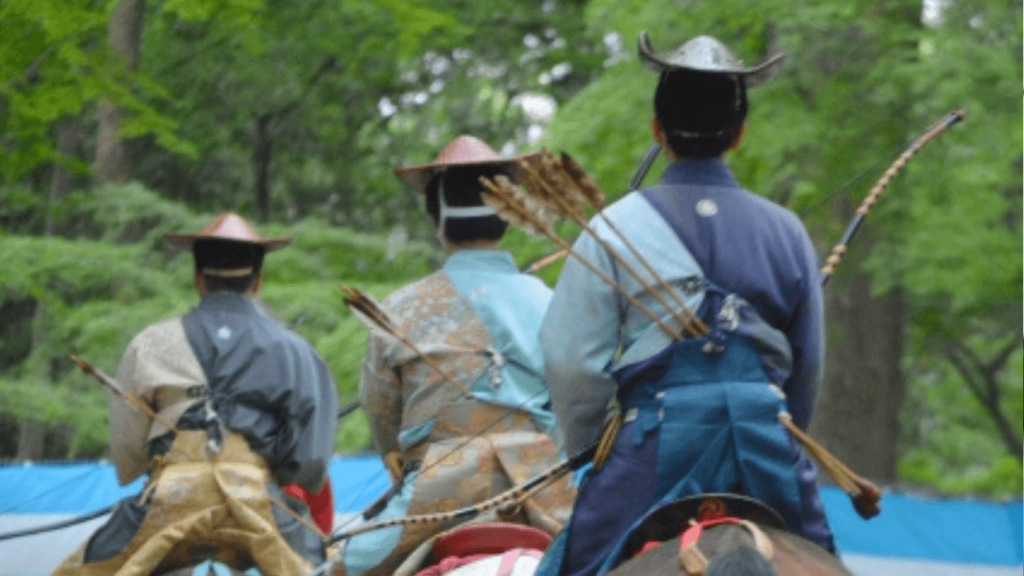
This elegant procession features people in Heian-period costumes walking from the Imperial Palace to two major shrines. Don’t miss the yabusame (horseback archery) ceremony held in the sacred forest of Shimogamo Shrine.
Kurama Fire Festival (October 22)
Held in the mountain village of Kurama, this “fire festival” is one of Kyoto’s most dramatic. Local participants carry giant torches through the streets, creating a thrilling and fiery spectacle in the night.
Conclusion
Kyoto is more than a city—it’s an immersive journey into Japan’s soul. Whether you’re admiring golden temples, meditating in silence, tasting seasonal sweets, or dancing with the crowd during a summer festival, Kyoto offers experiences that stay with you forever. Use this guide as a starting point, and let Kyoto reveal its magic to you.
